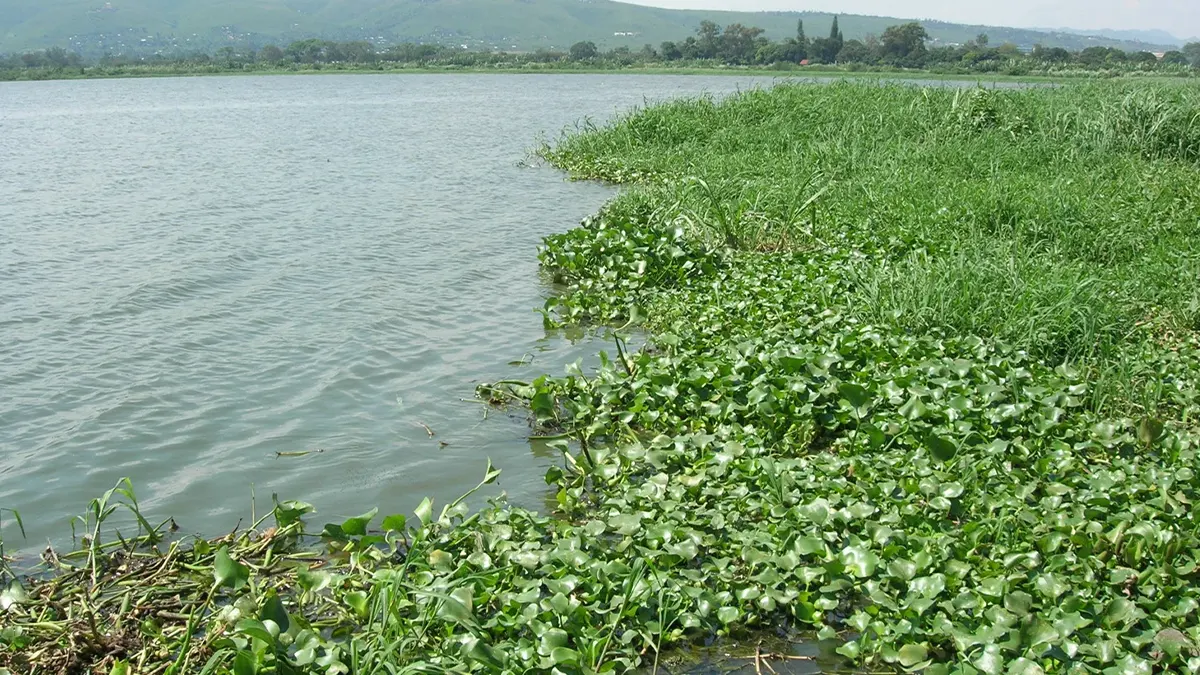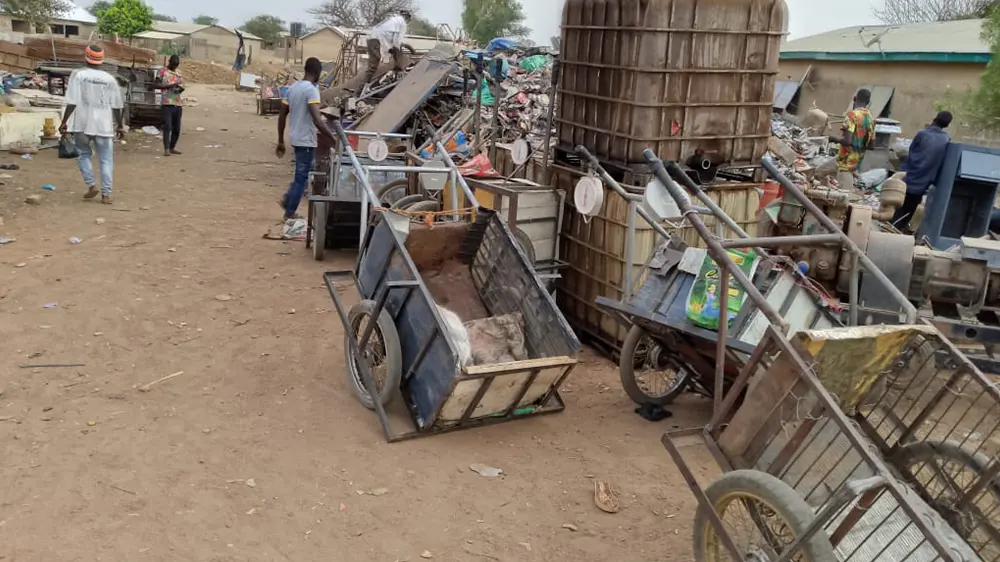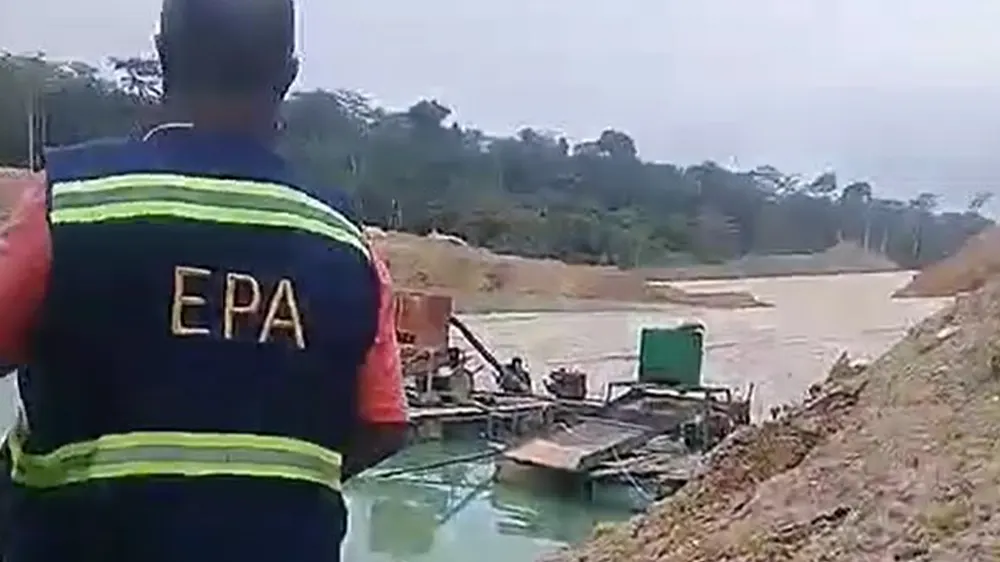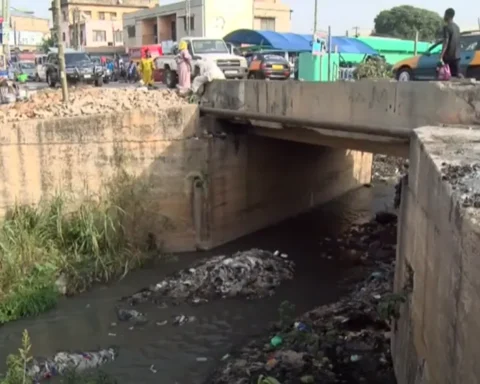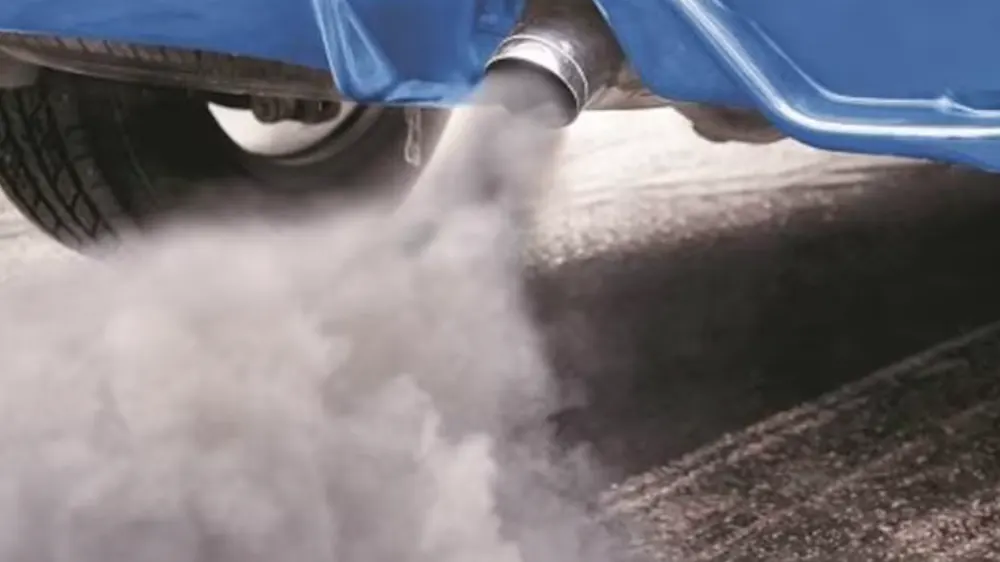The Environmental Protection Agency (EPA) is taking proactive measures to curb the spread of water hyacinth, an invasive aquatic plant, in Ghana. Horticulturists are being educated on the detrimental effects of water hyacinth on water bodies, discouraging its potting and retailing to flower enthusiasts.
Mrs. Jewel E. Kudjawu, the Director of the Intersectoral Network Department at the EPA, highlighted the adverse impacts of water hyacinth on aquatic ecosystems, such as depriving organisms of sunlight and oxygen, rendering rivers unproductive, and hindering fishing activities and water access for communities.
Ms. Helina Dodd, a Programme Officer at the Natural Resource Department of the EPA, emphasized that despite its aesthetic appeal, water hyacinth poses significant socio-economic challenges, as it can rapidly proliferate and disrupt fishing activities.
Considering the severity of the issue, the EPA is contemplating legislative measures to curb the spread of invasive species, potentially including the prohibition of potting water hyacinth.
Madam Carol Neaquaye, Leader of the Accra Flowers and Plant Growers Association (AFPGA), expressed readiness to collaborate with the EPA to mitigate the spread of water hyacinth, acknowledging its destructive impact on water bodies like the Volta Lake.
Mr. Alex Ohene Kwesi, a Horticulture Garden Owner, commended the EPA's efforts and pledged support in disseminating awareness among AFPGA members.
Water hyacinth, originating from South America, has become invasive globally, including in Ghana, where it was first observed in 1984. It has since spread through horticultural activities, affecting water bodies like the Volta Lake and the Tano River.
In recent years, efforts have been made to repurpose water hyacinth into useful products such as animal feed, artefacts, and compost fertilizer, highlighting innovative approaches to tackle this environmental challenge.

